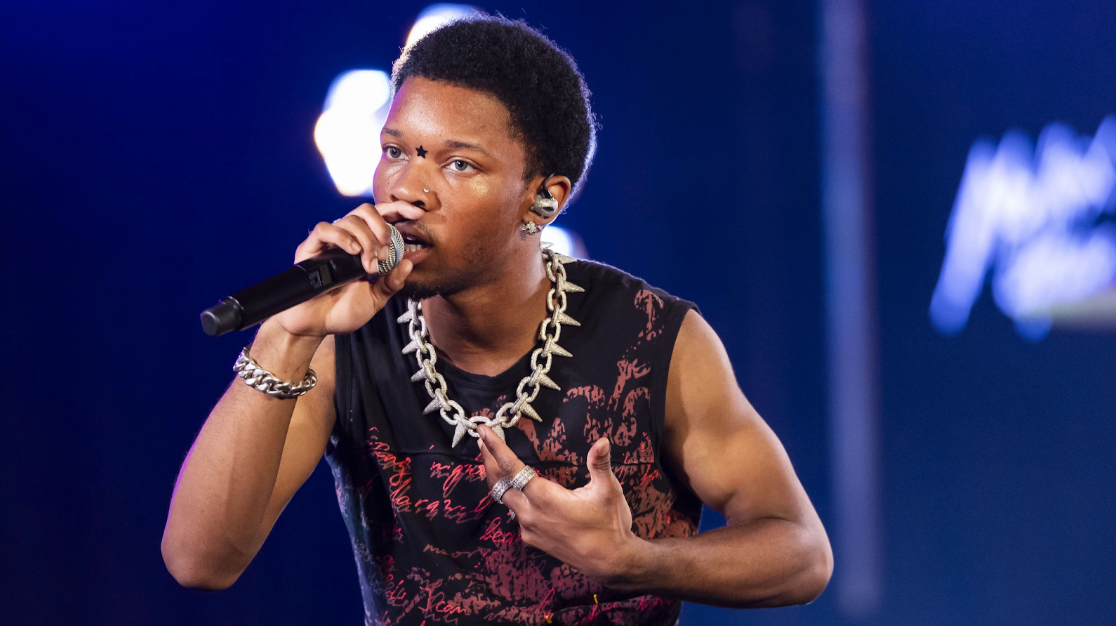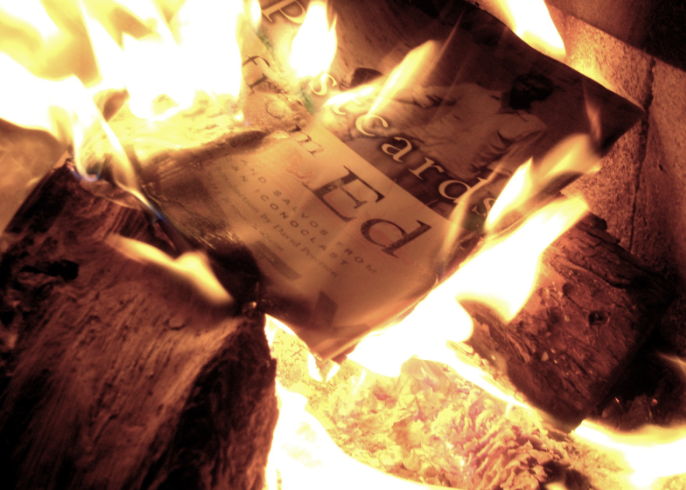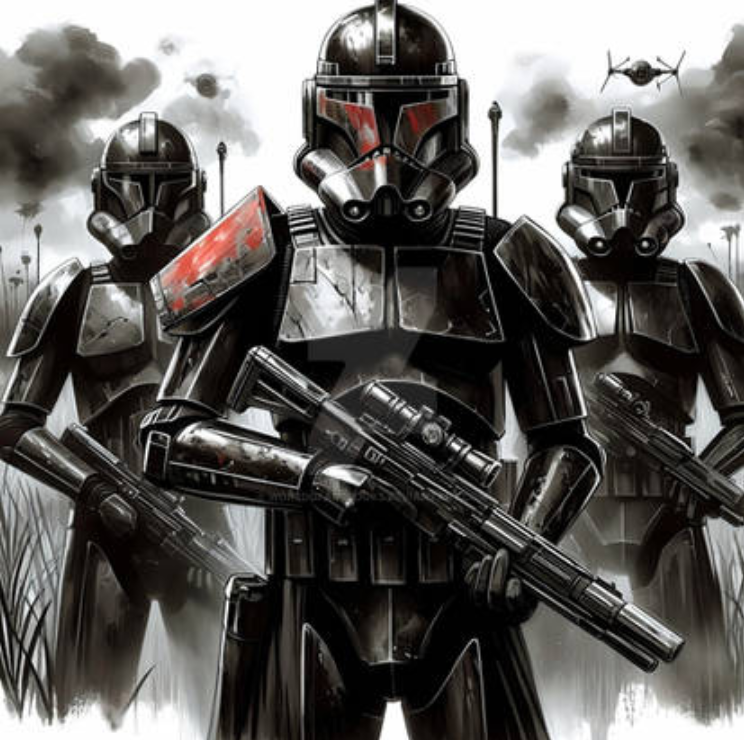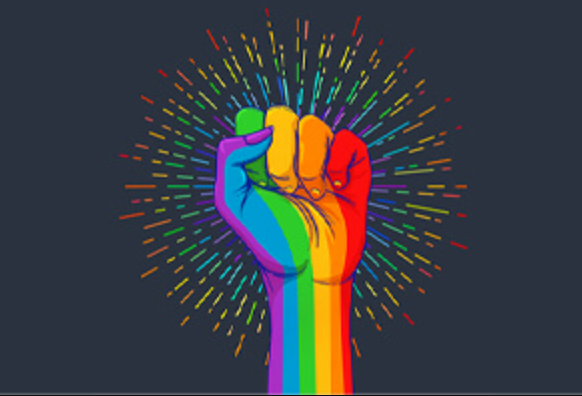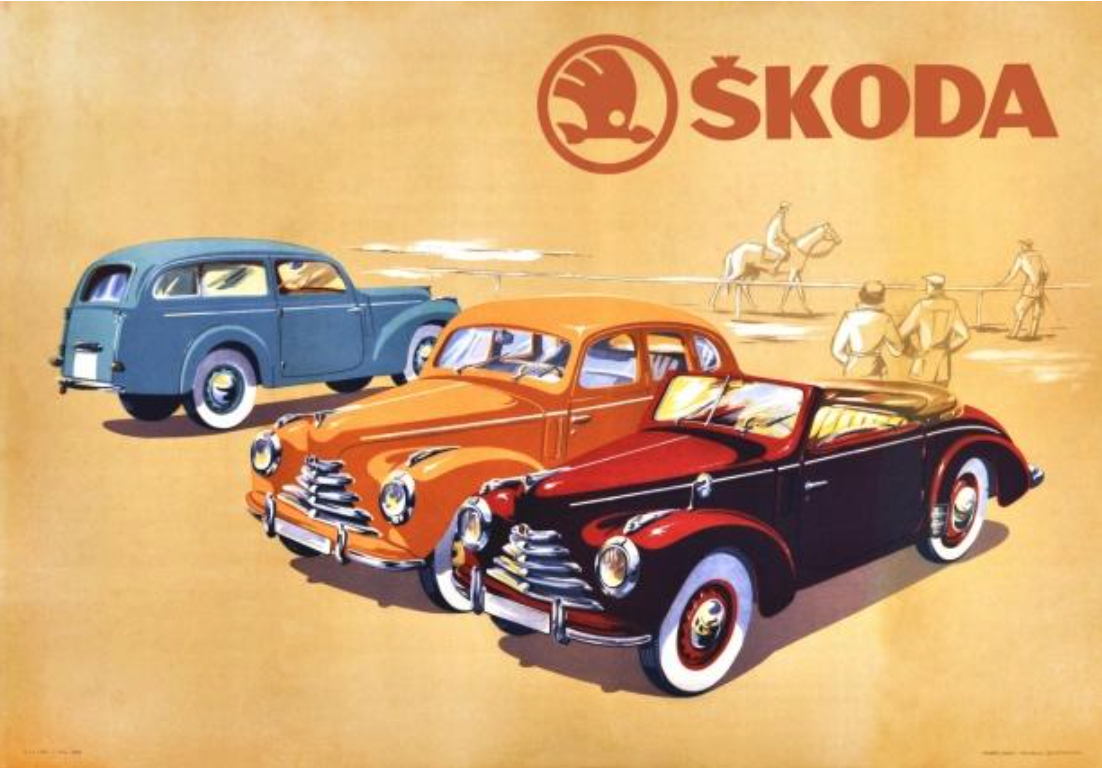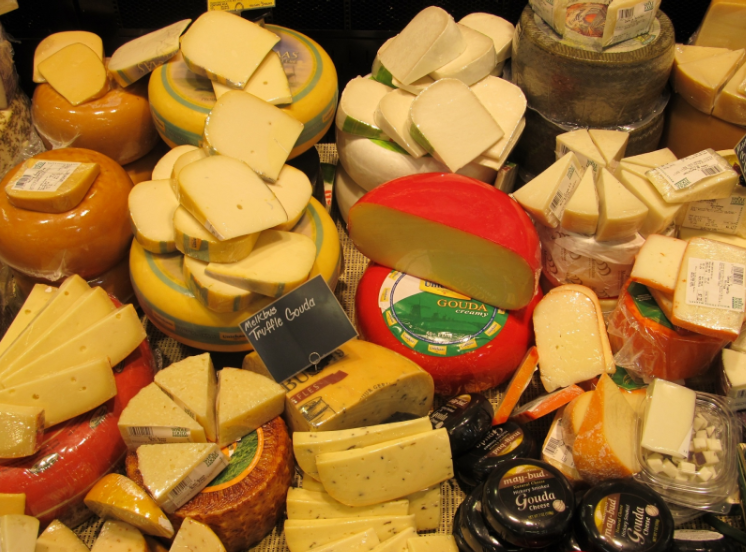It’s 2020 and the pandemic is in full swing. Retail jobs are shut down, travel industries are rendered nearly bankrupt, and restaurants close down due to no business. The radio broadcasts daily economic and health worries and people worry that this pandemic will affect businesses forever—throughout this turmoil, chaos, and political frenzy, one particular company thrived.
Tiktok, a growing social media app already enjoying a secure fanbase, suddenly shot up in popularity as we all lounged around at home. The short videos with eclectic audios became home to a cultural phenomenon, where Gen Z “culture” has continued to proliferate and grow. Within the millions of videos, a specific subset of Tiktok has grown increasingly popular: #Booktok. The growing popularity of the page has led to several books going viral and gaining best-selling status—Colleen Hoover books, the After series, and Bridgerton n
ovels. But is this phenomenon actually good for literary merit?
The popularity of #Booktok hinges on the use of tropes—when people advertise books they enjoy, they add captions like “enemies to lovers” or “mafia romance” in order to attract popular attention. People who want to publish their own books also use this type of advertisement hoping that if they go viral, they won’t need to go to a publishing company to sell their books. What results, however, is the sale of books that have no literary quality and only fulfill empty stereotypes in order to get popular. The fetishization of these tags reduces the quality of media intake—books become self-indulgent and artificial yet continue to enjoy financial success.
What also happens with having an advertising system based on sensationalism is an increase in popularity of books portraying wildly inappropriate and unhealthy relationships, as #Booktok is a subsection of Tiktok largely targeted towards young women. To attract greater readership, authors often push shock factors into books, portraying extremely unhealthy relationships. For example, when books by Colleen Hoover are continually pushed into the spotlight, the author’s point of view is also spread…including her normalization of violence in romantic relationships. When this romanticization of mistreatment is pumped into the minds of impressionable readers, the ideal healthy relations
hip becomes warped. Hoover’s writing style and subject has won her continual popularity in #Booktok, but her books may lead to lasting damage.
However, with all these drawbacks, #Booktok has been praised for completely leveling the field of the publishing industry. Independent authors are able to advertise and sell their own books without having to bend to the will of larger publishing companies. Sections of #Booktok are also devoted to promoting books depicting characters who are LGBTQ+, people of color, or of other minority communities, an important effort considering the current literary world which is continually criticized for its lack of diversity. For example, boo
ks like “Red, White, and Blue” and “The Song of Achilles” are both extremely popular #Booktok books depicting LGBTQ+ relationships. The influence goes even further. Stores such as Barnes and Noble have begun to shift their advertising styles to follow Tiktok trends. A popular marketing tactic, for example, is to merchandize tables with popular #Booktok books to appeal to specific groups of people.
At the end of the day, #Booktok is just another phase of the literary world. But as social media continues to gain more and more influence over us, it’s time to consider when this influence should end—or whether it should at all.
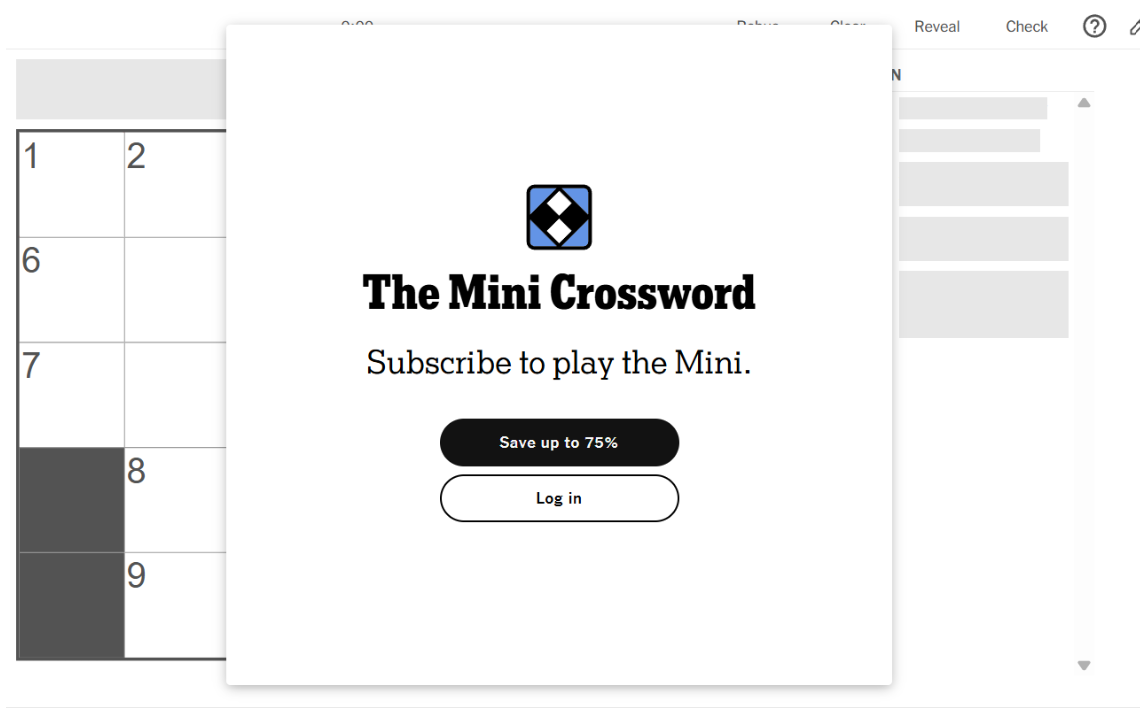







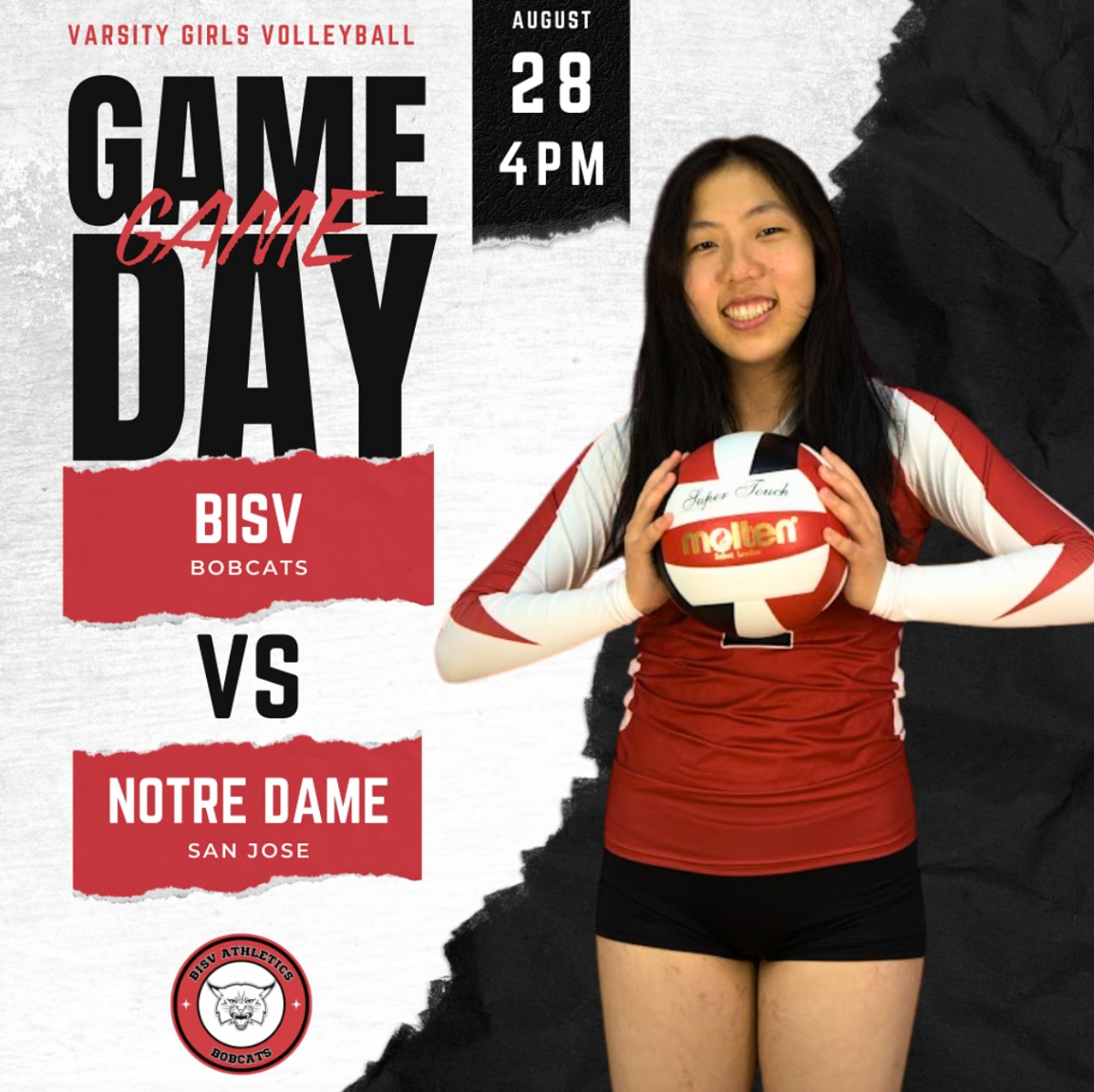
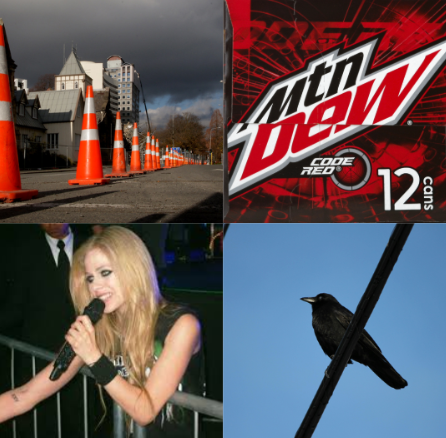
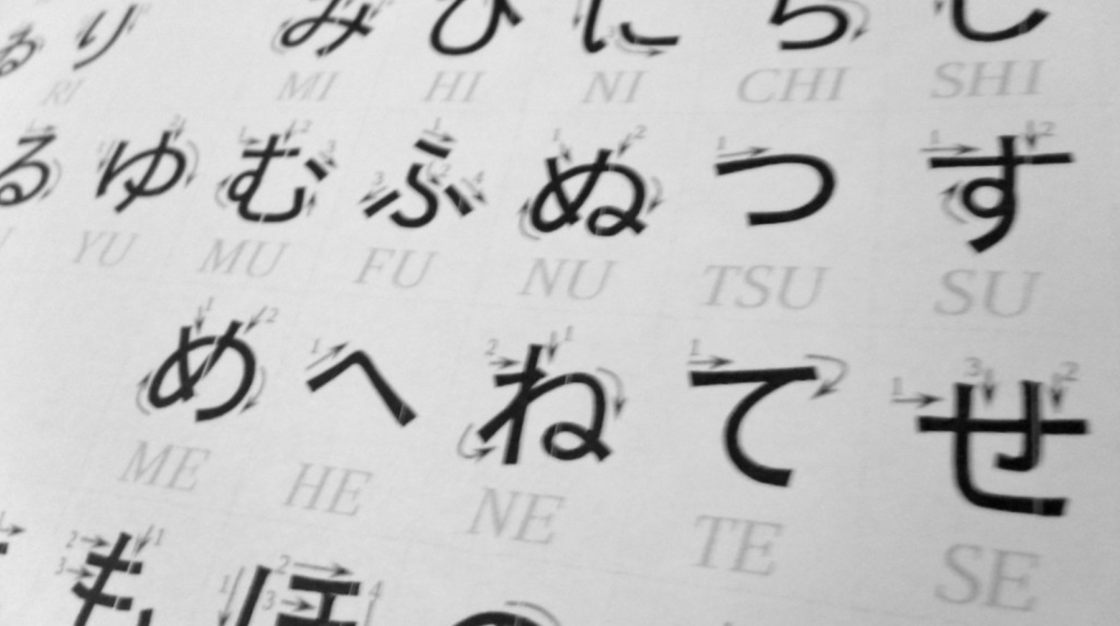
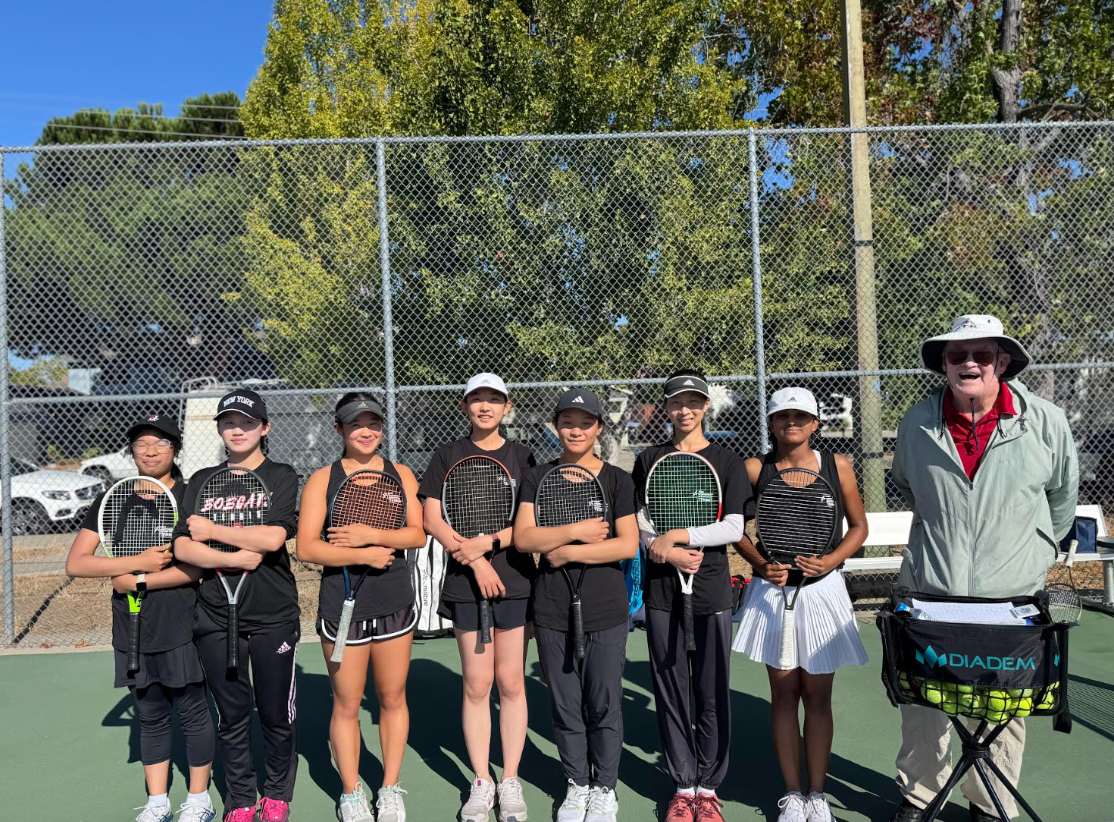





![Teacher [Milk] Tea: Part 2](https://bisvquill.com/wp-content/uploads/2024/03/Screen-Shot-2024-03-19-at-9.28.48-PM.png)











